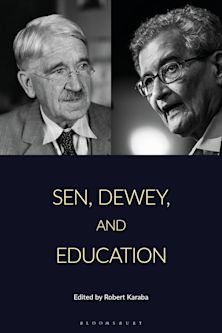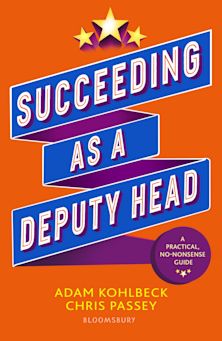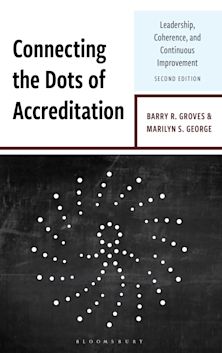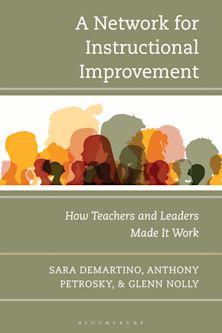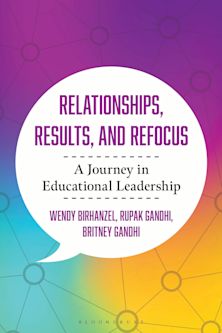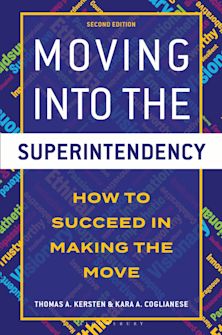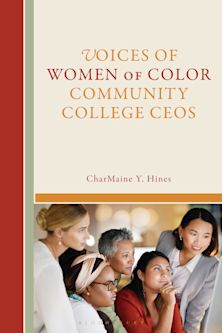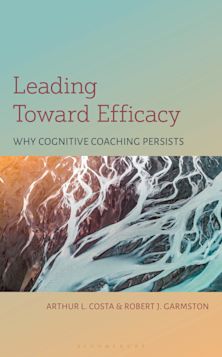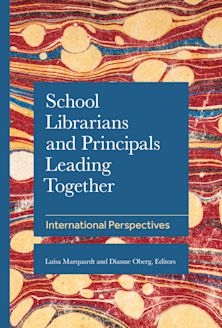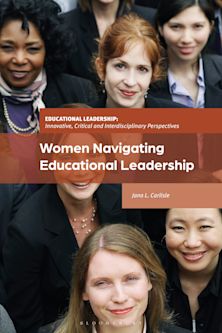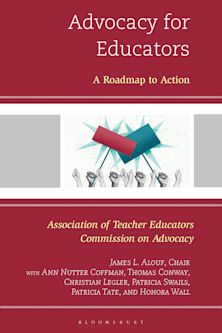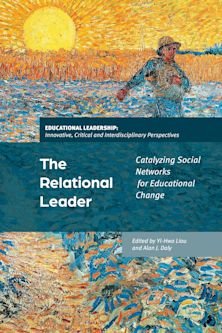- Home
- ACADEMIC
- Education
- Leadership and Management
- Civil Society and the Search for Justice in Russia
Civil Society and the Search for Justice in Russia
Christopher Marsh (Anthology Editor) , Nikolas K. Gvosdev (Anthology Editor) , Georgy Bovt (Contributor) , Grigori A. Kljutcharev (Contributor) , Melissa A. Marsh (Contributor) , Justin Miller (Contributor) , Brad Owens (Contributor) , Nicolai N. Petro (Contributor) , Lee Trepanier (Contributor) , James W. Warhola (Contributor) , Kimberly A. Weir (Contributor)
Civil Society and the Search for Justice in Russia
Christopher Marsh (Anthology Editor) , Nikolas K. Gvosdev (Anthology Editor) , Georgy Bovt (Contributor) , Grigori A. Kljutcharev (Contributor) , Melissa A. Marsh (Contributor) , Justin Miller (Contributor) , Brad Owens (Contributor) , Nicolai N. Petro (Contributor) , Lee Trepanier (Contributor) , James W. Warhola (Contributor) , Kimberly A. Weir (Contributor)
This product is usually dispatched within 3 days
- Delivery and returns info
-
Free CA delivery on orders $40 or over
You must sign in to add this item to your wishlist. Please sign in or create an account
Description
More than a decade has passed since path-breaking policies aimed at liberalizing post-Soviet society were first introduced in Russia. Today, these promises of freedom, equality, and justice remain largely unfulfilled and Russia's political system continues to exhibit signs of the deep-rooted problems that may well retard, if not completely derail, any possibility of future reform. Against this stark background, Civil Society and the Search for Justice in Russia explores the various dimensions of Russia's civil society: the meaning of, and search for, justice; the role of the Orthodox church as a principal unifier in civil society; the need for new freedoms for women and ethnic minorities; and the role of mass education and the free press in inculcating and articulating new civic values. Expertly blending the historical with the theoretical, the recent with the empirical this work offers new insight and analysis into the ability of a nascent Russian civil society to engage effectively with the twenty-first century Russian state to ensure social, religious, and political justice.
Table of Contents
Part 2 Lessons from History and Culture
Chapter 3 Revisiting the Russian "Constrained Autocracy": "Absolutism" and Natural Rights Theories in Russia and the West
Chapter 4 A Russian Model of Development: What Novgorod Can Teach the West
Part 5 Freedom of Religion and Civil Society
Chapter 6 Nationalism and Religion in Russian Civil Society: An Inquiry into the 1997 Law "On Freedom of Conscience"
Chapter 7 "Managed Pluralism" and Civil Religion in Post-Soviet Russia
Part 8 The Role of Media and Education
Chapter 9 The Russian Press and Civil Society: Freedom of Speech vs. Freedom of Market
Chapter 10 The Independent Press in Russia: Integrity and the Economics of Survival
Chapter 11 Higher Education and Russia's Dual Transition: Inequality, Inefficency, and Social Justice
Part 12 Marginalized Voices in Civil Society
Chapter 13 Ethnic and Religious Minorities and their Search for Justice: The Case of Chechnya
Chapter 14 Women's Experiences of Justice and Injustice in Russia
Product details
| Published | Apr 05 2002 |
|---|---|
| Format | Paperback |
| Edition | 1st |
| Extent | 200 |
| ISBN | 9780739103593 |
| Imprint | Lexington Books |
| Dimensions | 228 x 152 mm |
| Publisher | Bloomsbury Publishing |
About the contributors
Reviews
-
This is an exciting and timely collection that brings together historical, social scientific, cultural, and journalisitc perspectives on the nature of civil society and its problems and possibilities in contemporary Russia. . . . The authors fulfill their promise by uncovering deep connections between civil society and the idea of "justice."
Daniel Orlovsky, Southern Methodist University
-
Christopher Marsh and Nikolas Gvosdev have put together a volume that provides a unique perspective on oft-neglected aspects of civil society in Russia. It should help to provoke debate and discussion of important issues among those studying Russia's rapidly changing social and cultural landscape.
Harley D. Balzer, Georgetown University
-
Because of its range of topics and the unique perspective which binds them together, this collection is a thought-provoking, much-needed contribution to, among others, the fields of political science and post-Soviet studies.
Journal of Church and State
-
Provides a glimpse at important dimensions of the terrain and debates about the complex relationship between civil society and the search for justice.
Katherine O'Sullivan See, James Madison College, Slavic Review
-
This volume offers a stimulating and hard-hitting look at the crucial question of civil society-and its absence-in post-Soviet Russia. Virtually all other questions about what's happening there and what will happen in the future-democracy, pluralism, economic reform, and behavior toward neighbors-all depend on the outcome of issues probed here.
Strobe Talbott, president, The Brookings Institution













